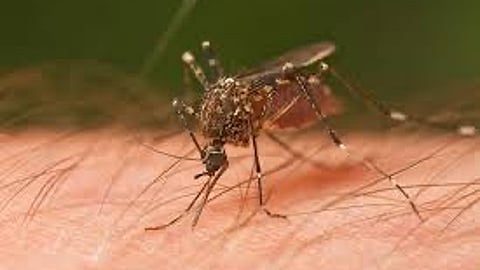Richard Pawulski, a 49-year-old resident of Colchester, Connecticut, passed away last week after a prolonged, five-year struggle with Eastern equine encephalitis (EEE). Pawulski contracted the rare mosquito-borne virus in August 2019 while working on his wooded property. The disease, which attacks the brain, carries a high fatality rate, killing nearly 30% of those infected, according to health officials.
The EEE virus has been making a concerning return in parts of the tri-state area on the East Coast. Survivors often suffer from long-term neurological impairments and other lasting health problems, adding to the seriousness of this illness.
A Rapid and Tragic Health Decline
Initially, Richard’s symptoms puzzled doctors. He experienced intense migraines and vomited yellow bile soon after contracting the virus. Despite medical efforts, it took time for healthcare providers to correctly diagnose his condition. His daughter, 18-year-old Amellia Pawulski, recalled how suddenly their lives were turned upside down: “I’m not joking when I say your life can change in the blink of an eye, because that was what happened to us.”
After battling severe neurological complications for years, Richard’s condition worsened. Last week, doctors informed his family that nothing more could be done. He was moved to hospice care, where he passed away at 2:30 a.m. on Monday.
What Is Eastern Equine Encephalitis (EEE)?
According to the Centers for Disease Control and Prevention (CDC), Eastern equine encephalitis is a rare but serious disease caused by a virus transmitted to humans through the bite of an infected mosquito. Though uncommon, EEE can be devastating, leading to severe brain inflammation. Around 30% of people with the severe form of the disease do not survive. Those who do recover often face persistent neurological challenges, such as behavioral changes, seizures, or cognitive impairments.
Symptoms of EEE include fever, headache, vomiting, diarrhea, seizures, behavioral changes, and extreme drowsiness. The rapid progression of symptoms makes early detection and intervention difficult.


